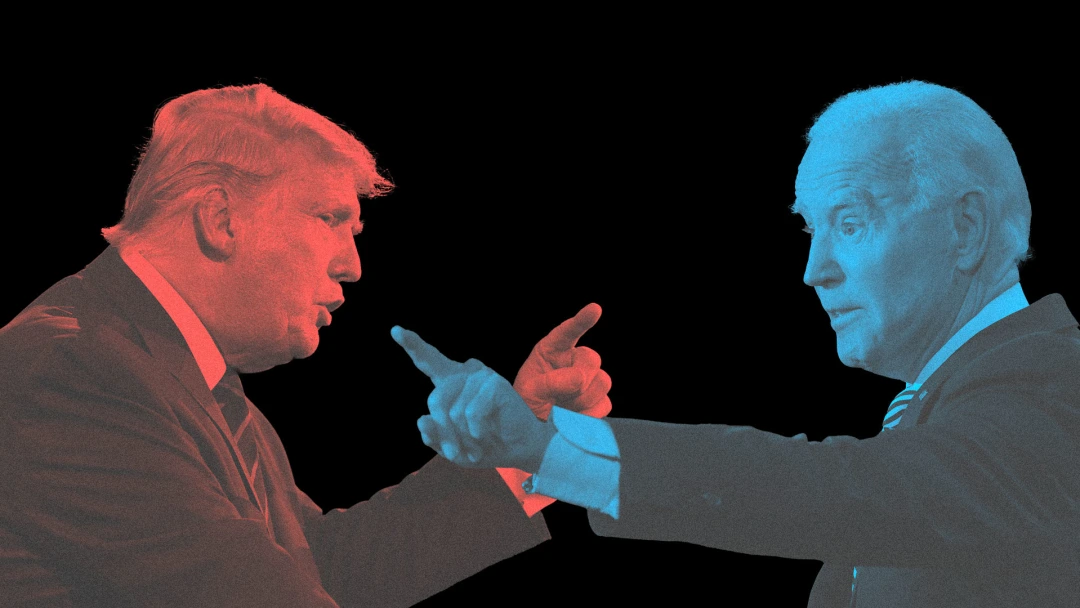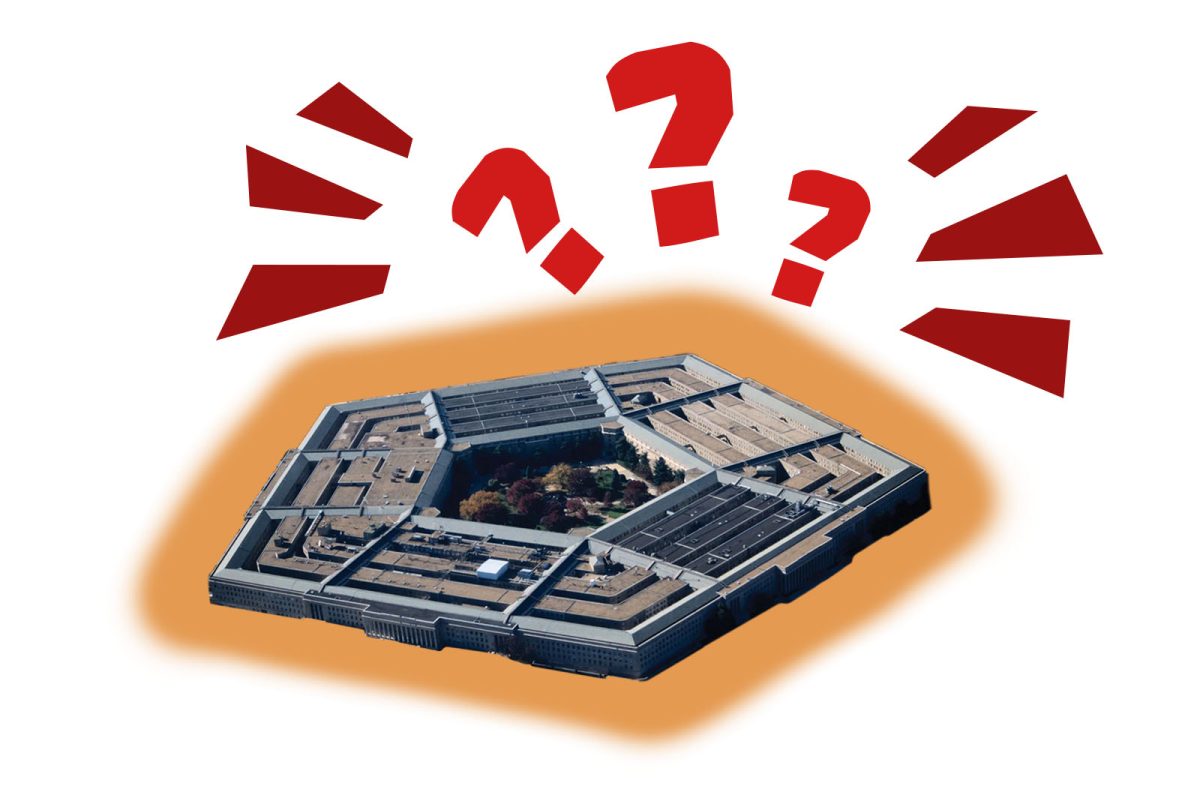We live in a world awash with misinformation and disinformation that colors how we see the world and makes discerning reality a nightmarish task. The task of discerning truth becomes especially difficult when governments become involved. State propaganda gets a bad rap, and deservedly so, for its use by authoritarian regimes. Many people fancy themselves as immune from the influence of their governments. Today it is fashionable to deconstruct and critique traditional narratives about U.S. history and decry them as false narratives that whitewash history and ignore or downplay the injustices the U.S. has committed, or believe in conspiracy theories about the government being a malevolent force whose goal is total control (i.e. the conservative hysteria about 15 minute cities). But as the evergreen Tumblr post says, you are not immune to propaganda, let alone state propaganda. And you have likely been duped by state propaganda from an incredibly unlikely source. But the story I want to tell today is not about Russian disinformation campaigns, lingering false beliefs about America left over from our schooling years, or any other of the West’s or America’s enemies. The story I want to weave is about Bhutan.
This statement likely strikes you as confusing. Bhutan is a small, poor, isolated, landlocked country tucked away in the Himalayan mountains between the competing giants of China and India. Its army has a meager 8,000 men. Bhutan is not seeking to be a global, let alone regional power. What possible interest does Bhutan have in propagandizing to foreigners?
Bhutan is often given the nickname “The Last Shangri-La” because of its picturesque location, beautiful Buddhist temples and relative isolation from the outside world. Bhutan did not open its doors to tourists until the 1970s, but they still only let in a few people. They do not use a strict quota system, instead they charge a daily fee of $200 to visit to select for “high quality” and “low volume” under the guise of protecting the country’s cultural heritage and environment.
How do they draw in the wealthy Western tourists? Bhutan plays on Westerners’ ignorance to present a place that is deeply intertwined with the country’s traditions and history and as a country not corrupted by the excess and decadence of developed countries. Bhutan’s culture is deeply rooted in tradition and is highly skeptical of change from the outside. A key part of this messaging is a statistical measurement the government calls Gross National Happiness (GNH). It is purported as a more holistic alternative to GDP/GDP per capita that takes into account nine factors of psychological well-being, health, education, cultural diversity and several other indicators. It takes into account not only economic development but environmental conservation, how often you engage with your community and familial relationships. It is a program the country is so proud of, it is enshrined in the constitution. In 1972 the king at the time, Jigme Singye Wangchuck, declared that GNH is “more important than Gross National Product,” and it has been official government policy since then. And it is exporting this model to the rest of the world. Government officials give flashy media interviews, ted talks and conferences extolling GNH.
On the surface, this does not seem problematic, but measuring happiness is incredibly difficult. Otherworld happiness measures also put into question whether Bhutan is doing a good job achieving its goals. Bhutan is still a country affected poverty, a high suicide rate and is only a partly free country according to Freedom House. Bhutan still has problems with freedom of expression, press freedom and discrimination.
But the biggest problem with Gross National Happiness though is that it is built on a gross national lie. These statistics ignore a horrifying fact about Bhutan’s recent history. Whilst the country was supposedly making the happiness of its citizens the number one national priority, Bhutan in the 80s and 90s deported one sixth of its population, over 100,000 people. It was a campaign of ethnic cleansing against a Hindu and Nepalese ethnic minority called the Lhotshampa who lived mostly in the south of the country (hence their name meaning “southerners” in Dzongkha). They are the descendants of Nepalis who immigrated to the country in the late 19th and early 20th centuries, but when Bhutan conducted its first census in the 1980s, it classified all Lhotshampas as illegal immigrants, even if they were citizens and had been living there for generations. They were forced to conform to the culture and religion of the Buddhist Drupka majority, the Nepali language was banned, and if they did not conform, they were expelled or left voluntarily to flee discrimination.
They were seen as a threat to the unity of the nation and its Buddhist character. The Lhotshampa were not only an ethnic and religious minority, they were politically active. Lhotshampa began protesting for an end to the discriminatory practices and democracy–which would eventually happen in 2008 when Bhutan became a constitutional monarchy–changing from an absolute theocratic monarchy. The Bhutan government suppressed peaceful protests, censored the media and arrested people critical of the regime, and to this day still has political prisoners that were arrested during this time period. Instead of accepting the demands for democracy and an end to discrimination against ethnic Nepalis, the Bhutanese government doubled down on their draconian laws enforcing Drupka cultural norms and practices and ethnically cleansed the land of those who chose to resist in a campaign the government called “one nation, one people.”
100,000 people were forced out of the country and into refugee camps, mostly in Nepal, with still thousands living in camps today. Most have been resettled in western countries– mostly Norway, Australia, Canada and the United States, having built new lives. I spoke to one such refugee, Alexander Adhikari. He was born in a refugee camp in Nepal, but he and his family have since resettled in Ohio and are now American citizens. He briefly summarized his thoughts, “To me Bhutan is the face of contemporary Western orientalism. It’s a far-off-land sandwiched by greater powers that follows a mystical religion [Buddhism]. Its government is not stupid either. They’ve worked propaganda with ‘Gross National Happiness’ and such. It doesn’t surprise me the image Bhutan holds, but I cannot help rolling my eyes when I see praise of its newest propaganda tool. At least Gross Domestic Product measures something objective— even if it’s not an indicator of if things are good or bad.”
GNH is not an insidious propaganda tool because of the difficulty in measuring happiness, or the developmental problems Bhutan still faces, but because the happiness of the Lhotshampa need not apply. Their demands for political freedom and protection against discrimination were a threat to the “happiness” of the nation. For all of Bhutan’s talk about prioritizing the happiness of its people, it was not actually willing to entertain serious changes to Bhutanese society and the political system which would have made many of its citizens happier. And even when the country democratized, most of the Lhotshampa were expelled and those that remained assimilated under state pressure.
To pour salt on the wound, Bhutan has essentially suffered no reputational or diplomatic damage. It still plays the role of an exotic Shangri-la home to happy peaceful Buddhists who deeply care about balancing their country’s tradition with modernization, and most people are none the wiser. The propaganda campaign has been remarkably successful, and the small country of less than one million people was able to fool the world. It still touts the Gross National Happiness index as a model for the world, even if, as the Refugee Council Council of Australia says, “The Government of Bhutan should be known not for Gross National Happiness but for Gross National Hypocrisy.”








